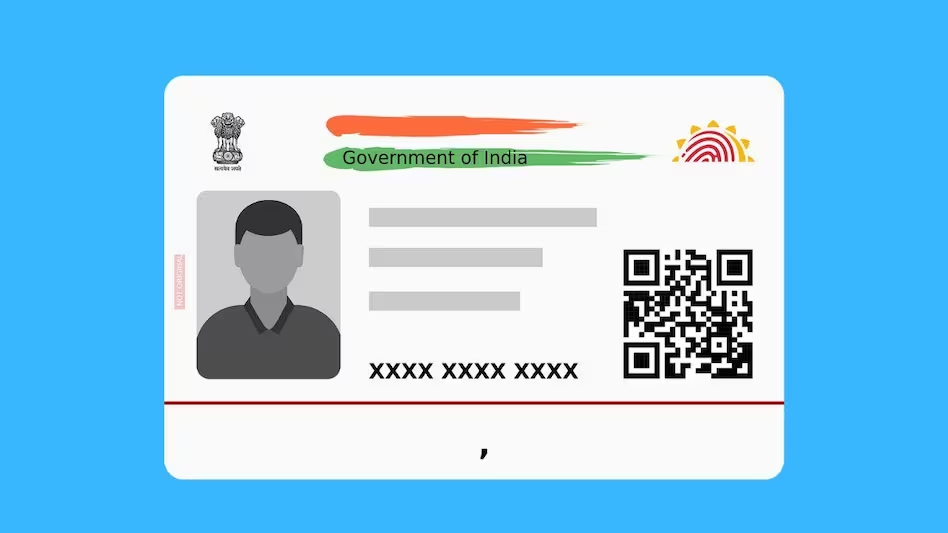

Income Tax Return After Death: Process To Claim Your Parent’s TDS Refund
When a parent passes away, their income tax responsibilities do not end immediately. If there is taxable income or tax deducted at source (TDS) in their name, a legal heir must file the income tax return (ITR). The Income Tax Department allows heirs to file ITR and claim any eligible refunds.
Who Can File the ITR of a Deceased Person?
Only a legal heir can file the return. Legal heirs include:
- Spouse
- Children
- Parents (if alive)
- Others as per succession law
To act as a legal heir, you must register yourself with the Income Tax Department online.
Documents Required to Register as Legal Heir
| Document | Purpose |
|---|---|
| Death Certificate | Proof of death |
| PAN of Deceased | Income tax identification |
| Legal Heir Certificate / Will / Succession Certificate | Proof of relationship |
| PAN of Legal Heir | For login and return filing |
Steps to File ITR and Claim TDS Refund
- Register as Legal Heir:
- Log in to incometax.gov.in.
- Go to Authorised Partners → Register as Representative.
- Upload documents and wait for approval.
- Gather Income Details:
- Collect Form 16, Form 26AS, bank interest details, and investment proofs.
- File ITR in Deceased’s Name:
- Use the deceased person’s PAN but your own login.
- Select the correct ITR form based on income sources.
- Claim Refund:
- Any TDS deducted will be adjusted in the return.
- Refund, if due, will be credited to the bank account provided.
- Keep Records:
- Maintain copies of death certificate, succession proof, and filed return for future reference.
Did You Know?
If the total income of the deceased is below the taxable limit, no return is required. But filing may still be necessary to claim TDS refund already deducted.
Final Word
Filing ITR for a deceased parent may seem complicated, but the process is clearly defined. By registering as a legal heir, gathering documents, and filing the return online, you can claim any pending refund smoothly. This ensures that your parent’s tax matters are closed respectfully and legally.










